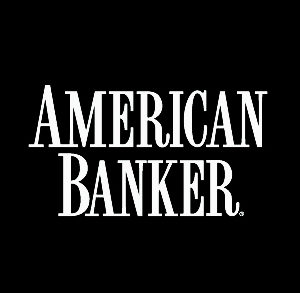Putin and other authoritarians’ corruption is a weapon — and a weakness
Thirty years after the end of the Cold War, the world is once again polarized between two competing visions for how to organize society. On one side are countries such as the United States, which are founded on respect for the inviolable rights of the individual and governed by rule of law. On the other side are countries where state power is concentrated in the hands of a single person or clique, accountable only to itself and oiled by corruption.
Alarmingly, while Washington has grown ambivalent in recent years about the extent to which America should encourage the spread of democracy and human rights abroad, authoritarian regimes have become increasingly aggressive and creative in attempting to export their own values against the United States and its allies. Russian President Vladimir Putin and other authoritarian rulers have worked assiduously to weaponize corruption as an instrument of foreign policy, using money in opaque and illicit ways to gain influence over other countries, subvert the rule of law and otherwise remake foreign governments in their own kleptocratic image.
In this respect, the fight against corruption is more than a legal and moral issue; it has become a strategic one — and a battleground in a great power competition.
Yet corruption is not only one of the most potent weapons wielded by America’s authoritarian rivals, it is also, in many cases, what sustains these regimes in power and is their Achilles’ heel.




